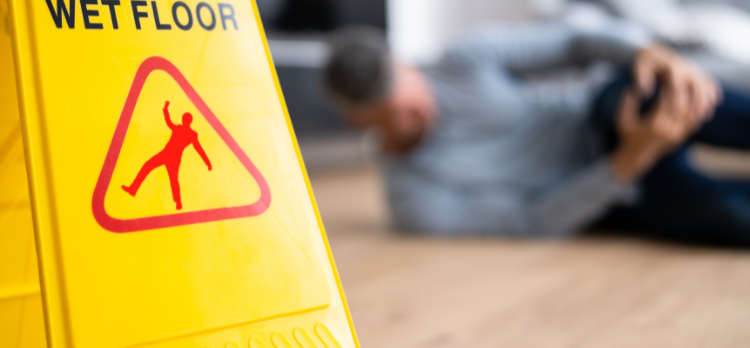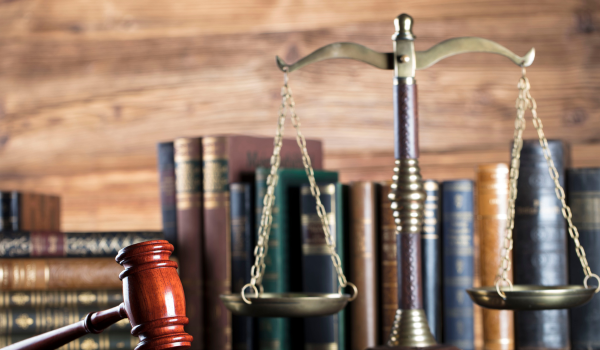
Slip-and-fall accidents can lead to serious injuries, unexpected medical bills, and lost income. If you’ve been injured due to unsafe conditions on someone else’s property, Florida law allows you to seek compensation. However, property owners and their legal teams often use specific defenses to dispute claims and avoid liability. Consulting an experienced slip-and-fall attorney in Florida can help you understand these common defenses and build a strong case to pursue the compensation you deserve.
Understanding these common defenses can help you better prepare your case and work with experienced slip and fall injury lawyers to protect your rights.
- Lack of Notice About the Hazard
One of the most frequently used defenses is that the property owner was unaware of the dangerous condition. In Florida, you must prove that the property owner either:
- Knew about the hazard and failed to address it, or
- Should have reasonably known about the hazard through regular inspections.
For example, if a spill occurred moments before your fall, the owner may argue they didn’t have sufficient time to clean it up.
- Open and Obvious Condition
Property owners often argue that the hazard was “open and obvious,” meaning a reasonable person would have seen and avoided it. For instance, a large hole in plain view might be considered obvious.
While this defense can be persuasive, Florida courts may still hold property owners accountable if the danger was unavoidable or disproportionately risky.
- Comparative Negligence
Florida operates under a comparative negligence system, which means your compensation can be reduced if you are partially at fault for the accident. Property owners may argue that you:
- Weren’t paying attention (e.g., distracted by your phone).
- Wore inappropriate footwear for the conditions.
- Ignored warning signs, such as “Wet Floor” notices.
Your ability to counter these claims with evidence can significantly impact your case’s outcome.
- Lack of Evidence
Another common tactic is challenging the validity of your evidence. Property owners may dispute:
- The timeline of the incident.
- The severity of your injuries.
- Whether the accident occurred on their property at all.
Preserving evidence, such as photos, medical records, and witness statements, is crucial to overcoming this defense.
- Arguing the Hazard Was Temporary
Temporary hazards, like spills or debris, are often used as a defense. Property owners may claim they couldn’t address the issue because it was too short-lived.
To counter this, your slip and fall injury lawyers can help gather evidence showing the property owner’s failure to regularly inspect and maintain the area.
How to Strengthen Your Slip-and-Fall Case
Building a strong slip-and-fall case requires thorough documentation and legal guidance. Here are some steps to take:
- Photograph the Scene: Capture the hazard and any visible injuries immediately after the incident.
- Report the Incident: Notify the property manager or owner and request a copy of the incident report.
- Seek Medical Attention: Medical records serve as crucial evidence in proving the extent of your injuries.
- Consult with Slip and Fall Injury Lawyers: Legal professionals can help you navigate Florida’s premises liability laws and counter the property owner’s defenses.
Additional Resources on Premises Liability
If you’d like to learn more about premises liability and your rights, visit the Florida Bar’s website. They provide comprehensive information on legal responsibilities for property owners.
Your Path to Justice Starts Here
Slip-and-fall cases can be challenging, especially when property owners employ strong defenses. However, with the right legal approach and preparation, you can seek the compensation you deserve.
If you’ve been injured in a slip-and-fall accident, contact Kemp Law Group today. Our dedicated team is here to help you navigate your case and fight for your rights.





